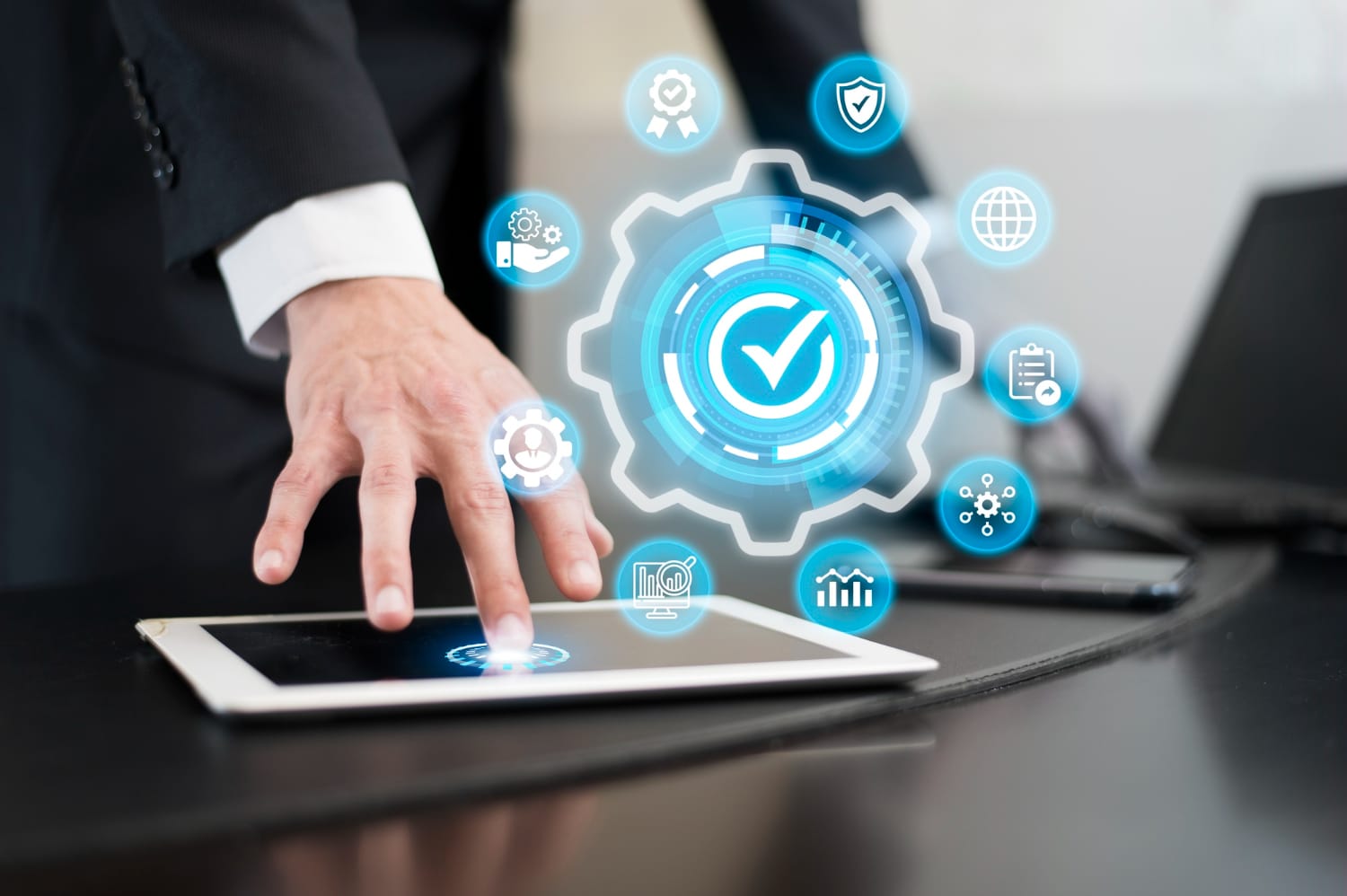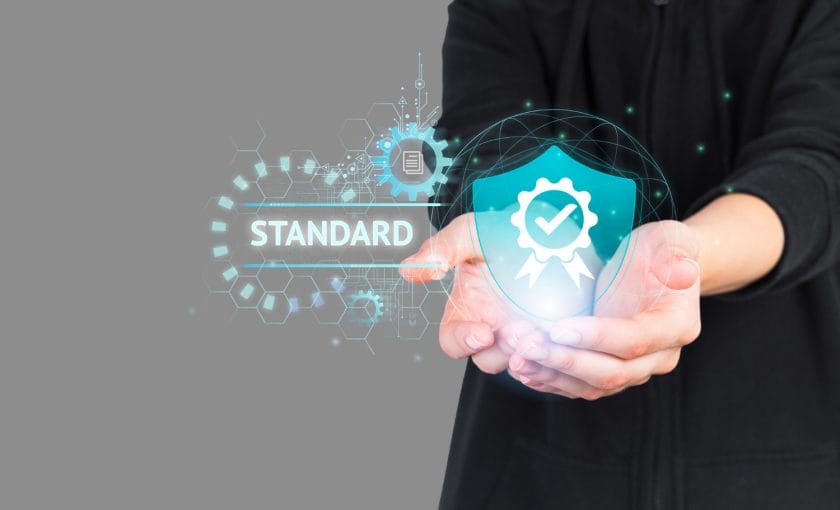Equipment and instruments must be calibrated to ensure proper operation, and the ISO 17025 accreditation is critical to elevating standards in the calibration business.
What is ISO/IEC 17025?
ISO/IEC 17025 is a quality management system that sets out the standards for testing and calibration facilities. It is a standard made by the International Organization for Standardization (ISO) and the International Electrotechnical Commission (IEC). This serves as a guideline for managing operations and delivering reliable results. The accreditation procedure evaluates a lab’s capacity to produce precise and traceable results, the skills of its personnel, the facilities’ adequacy, and the effectiveness of its quality management system. Regular audits by an independent third party are required as part of the accreditation process to evaluate the laboratory’s adherence to the ISO 17025 standard.
The Benefits of ISO 17025 Accreditation
Becoming an ISO 17025 accredited calibration laboratory presents a wide range of advantages to the business and its partners. Customers are confident that a laboratory is competent in producing accurate findings thanks to ISO 17025 accreditation. Building trust between calibration service providers and their clients requires this assurance. A trustworthy calibration lab that delivers precise and dependable results helps firms save time and money by avoiding manufacturing waste and boosting product quality.
ISO 17025 Accreditation Process
Accreditation according to ISO 17025 is a multi-step process. Prior to becoming accredited, calibration labs must first establish a quality management system that complies with the standard set. All laboratory operations, including test and calibration methods, equipment maintenance, document management, and staff training are covered by this system.
The laboratory must be ready for the initial audit conducted by an independent third party once the quality management stem is in place. The audit evaluates the laboratory’s technical proficiency, quality management system, and facilities for conformity with the ISO 17025 standard. The laboratory receives ISO 17025 certification if it complies with the standards of the standard.
Maintaining the ISO/IEC 17025 Accreditation
In order to guarantee that the calibration lab continues to deliver reliable results, maintaining the accreditation is crucial. Regular audits are done and often conducted every two years, this is to guarantee continued adherence to the standard. To ensure passing the audit, conduct internal audits, maintain a document control system, train and improve staff skills, calibrate equipment, proactively check for issues, participate in proficiency testing programs, and conduct regular management reviews.
Audits are used to find non-conformities or instances in which the laboratory is not adhering to the standards. The laboratory is required to take steps to correct or address issues if non-conformities are found. The ISO 17025 certification of the laboratory may be suspended or revoked for failure to rectify non-conformities.
ISO 17025 certification is a crucial part of the calibration industry. Accredited ISO 17025 calibration laboratories have shown their capacity to produce precise and trustworthy results, and they have set a quality management system that complies with global norms. Businesses that depend on calibration services now have the assurance of this accreditation, which helps them decrease equipment downtime, cut down production waste and improve product quality.
It’s crucial to select an ISO 17025 accredited calibration lab if you’re seeking calibration services. Labs such as Micro Precision, have proven their skill and capacity to provide accurate and dependable findings, assisting companies in achieving their quality and productivity objectives. If you’re looking for a trusted and certified calibration service company to work with, contact us or request a quote.


